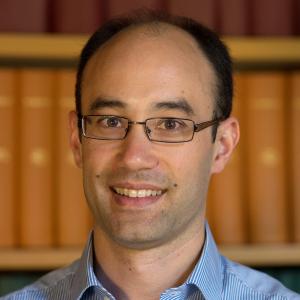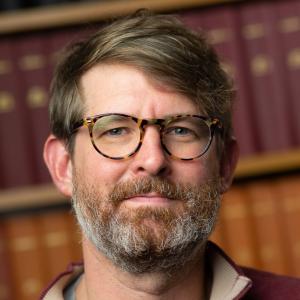Interacting with memory dynamics in the human brain
Project
Interacting with memory dynamics in the human brain
Studies in rodents have uncovered how neural oscillations shape memory, revealing causal links between brain rhythms and behaviour. In contrast, studying memory in humans presents unique challenges. Researchers often face limited access to detailed brain recordings, fewer opportunities to apply advanced analytical techniques, and only emerging use of real-time methods to influence brain activity during memory tasks. These factors make it more difficult to explore the underlying network dynamics as precisely as in animal models.
The aim of this PhD studentship is to uncover the mechanisms by which oscillatory brain dynamics support memory in humans. The project will integrate high-density intracranial recordings, closed-loop stimulation, and multivariate analytical frameworks to monitor and manipulate hippocampal and connected neural circuits with high spatiotemporal precision. By leveraging these innovative techniques in human participants, the research will explore how medial temporal lobe oscillations reorganise during memory processes and develop targeted interventions to enhance memory and treat related disorders.
The project will take place in the Brain Network Dynamics Unit of the Nuffield Department of Clinical Neurosciences and in the Medical Research Council Centre of Research Excellence in Restorative Neural Dynamics (MRC CoRE RND). Students will benefit from the extensive interdisciplinary skills training and personalised career development opportunities available within the Unit and the MRC CoRE RND. Students will receive specialised training in their areas of project research (see below) as well as, for example, in the translation and commercialisation of research, best practice in Open Science, and how to effectively involve and engage patients and the public with research.
The project will build on a collaboration with neurologists and neurosurgeons at the University Hospital of Toulouse, France, where the Dupret laboratory is collaborating with Dr. Leila Reddy to conduct brain-wide intracranial tetrode recordings in human participants engaged in memory and inferential reasoning tasks. The studentship holder will harness cutting-edge methods for identifying, monitoring, and manipulating network oscillations and neuronal ensembles. You will receive advanced training in several of the following techniques: brain network electrophysiology, closed-loop systems, behavioural assays, and advanced data analysis.
This four-year Ph.D. (D.Phil.) studentship offers three years of full-time tuition fees at the Home rate, and four years of non-taxable stipend at the full-time UKRI rate (including any uplifts announced). Both Home students and International students are eligible to receive this funding package. Please see further details about MRC/UKRI studentships and updated guidance regarding Home and International eligibility. Successful offer-holders who have applied by the December deadline may also be considered for other University of Oxford scholarships.
Interested candidates should possess, or expect to receive, a 1st class or upper 2nd class degree (or equivalent) in a related scientific discipline such as biological or physical sciences, engineering, mathematics, medicine, or computer science. Previous experience in neuroscience research is desirable. The ability to interact in French with human participants is also highly valuable, given the collaborative nature of the project with clinical teams in France.
Candidates must contact the lead project supervisor before submitting an application. To find out more about this studentship, the research project, and the application process, please contact Professor David Dupret by email on david.dupret@bndu.ox.ac.uk.
To be considered for this studentship, please submit an application for admission to the D.Phil. in Clinical Neurosciences at the Nuffield Department of Clinical Neurosciences (course code RD_CU1), following the guidance for applications to this course. On the application form, in the section headed ‘Departmental Studentship Applications’, please indicate that you are applying for a studentship and enter the reference code “26NDCN01MRC” into the funding tab.
The closing date for applications is 12.00 midday UK time on Tuesday 2nd December 2025.
Opening in November 2025, the MRC CoRE RND is an exciting team science enterprise that is focused on harnessing the moment-to-moment interactions between nerve cells (‘neural dynamics’) to transform medical device-based therapy for brain conditions. The MRC CoRE RND incorporates discovery research and translational research aligned to empirical neuroscience, computational neuroscience, experimental medicine, and biomedical engineering. The MRC CoRE RND is exceptionally collaborative, involving partners in academia, neurotechnology industry, research charities, and clinical services. It will champion values supporting a positive research culture.
Supervisors
Applications are invited from both Home students and International students to join a multidisciplinary team of researchers studying the brain network electrophysiology of memory processes. This studentship is available from the start of academic year 2026/27, is for 4 years, and will be co-supervised by Professor David Dupret and Professor Tim Denison at the MRC Centre of Research Excellence in Restorative Neural Dynamics.

